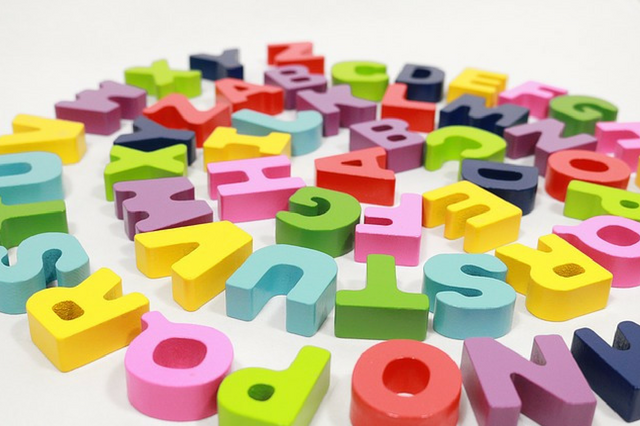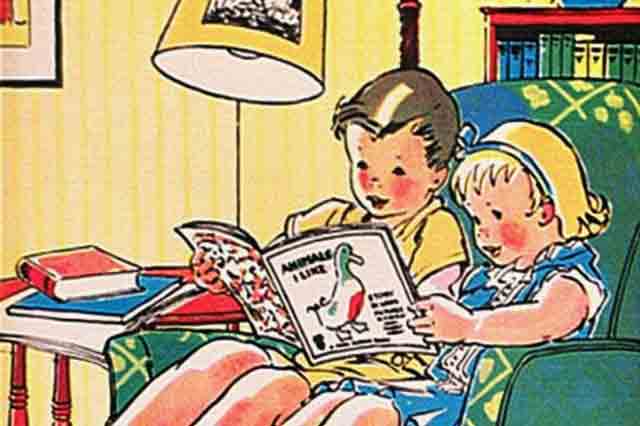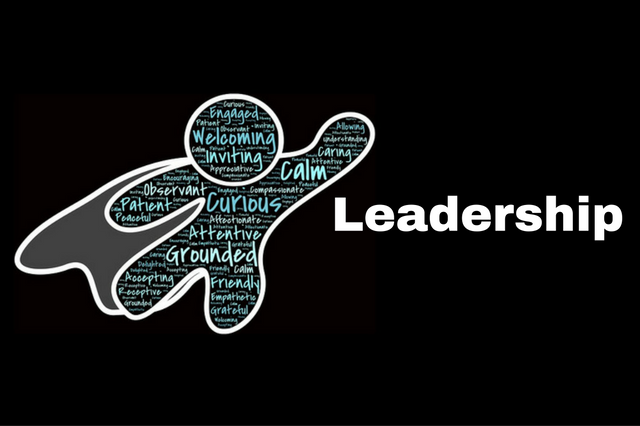Would you be surprised if I told you that even before your child sets foot in a school, she has developed learning habits which will determine how successful she will be well into university? Research shows that from birth to age 5, children are creating foundations for school success. During play and make-believe times, children are practicing early literacy skills, and the opportunistic adult will harness that child’s energy to establish a lifetime of successful learning habits.
The relationship between early literacy and lifetime academic success comes down to 6 key early literacy skills: print motivation, print awareness, phonological awareness, letter knowledge, vocabulary, and narrative skills. The first two skills are foundational, acquired skills, which means that the child absorbs those skills just by being awake. The latter four are learned, which means that the child will use the first two to aid them in gaining them. An adult can help by leading the child in many literacy tasks and games. We will further discuss each of these below, so read on to learn how you can help your young child develop skills which will get her on an early path to literacy success.
ACQUIRED SKILLS

Print Motivation
Motivation has huge implications for school success. If a child has a desire to read, it will help her navigate the many challenges she must encounter while learning to read, with the end goal of reading fluency in sight. The more the child enjoys reading, the more print motivation is increased. Later down the line, when a student is stuck learning something new, the motivation will be there to continue. Reading which is modeled to children is powerful because children would like to be and do what their role models show to them.
What you can do to help with this skill
Let your child watch you read, and read things aloud in daily life if you know your child is watching. Talk to your child about how fun and useful reading is for you. In addition, be sure to go to the library and pick out books to read together, which are full of big pictures and can easily be worked into your daily routine together.
Print Awareness
A huge part of learning to read is about realizing that print carries meaning. The second part of that is being familiar with print. Print is used for a variety of purposes and can be seen in the home and outside of it. Seeing a parent write a check or a sibling reading a traffic sign, receiving a report card or a letter in the mail, all of these ways that the importance and the usefulness of print are demonstrated to children is internalized and applied to their own learning. A child for example may learn to recognize letters in their name, or a sight word through repetitive, meaningful exposure.
What you can do to help with this skill
Read out loud what is written on traffic signs, newspapers, labels, and other things at home and outside of the home. Label child’s items with their name and see if child can begin to recognize their name label.
LEARNED SKILLS

Phonological Awareness
When a child is taught to identify sounds in words as small parts of a whole, she will later learn to take words apart and put them together again in new ways, using the sounds as building blocks. A teacher or parent can introduce syllables, rhyme, and beginning, middle and ending sounds as the building blocks of words for children to identify in language and use to expand their reading awareness.
What you can do to help with this skill
Learn and practice some simple rhyme and action songs together. Some good examples for phonological practice are BINGO and “Apples and Bananas” by Raffi. If you attend a weekly baby and toddler storytime at the local library, you will enjoy songs and stories together, which you can practice and learn with your child.
Letter Knowledge
Before age 5 many children have learned their ABCs, and may know how to write them, hear them, and perhaps match the upper and lower case. This is a huge feat, and foundational to academic success. The next step after letter recognition is knowing how letters form words.
What you can do to help with this skill
Learn and play simple alphabet games, or use the website starfall.com to introduce a foundational knowledge of the alphabet.
Vocabulary
Understanding that words help with reading is essential. Increasing vocabulary is going to help with reading in the long run, for if the word is understood it will be easier to read.
What you can do to help with this skill
Read picture books with your child, use a picture dictionary, and play online vocabulary activities. In addition, consider purchasing some flash cards for playing vocabulary games together.
Narrative skills
Telling stories helps with thinking and comprehension skills. There are many ways to interact with a story which help to develop different kinds of thinking skills. A child can improve cause-effect, prediction, sequencing, recalling information, contextualizing, imagining and evaluating skills.
What you can do to help with this skill
While reading stories together, it’s good if the adult asks open-ended questions, talk about events, characters, and places, predicts next page, and summarizes the story after. In addition, personalizing or relating the story to the listener’s life can help with narrative skills. Also, talking about events in a day, or making up story endings or full stories will help children to acquire all the basic narrative skills necessary for early literacy.
How can Little Mountain Learning Academy help your child build a strong literacy foundation?
Our Early Literacy Foundation Program titled “Butterfly” ensures that students take flight on the right path at the start of their academic experience through the most foundational learning stage: literacy acquisition, growth and early development. Our methods of instruction are designed to motivate students in an environment of imagination and enthusiasm. Early learners gain strong confidence in phonics and progress toward independent reading and writing.
Click here to learn more about the program.



 What to Expect in Freshman Year
What to Expect in Freshman Year